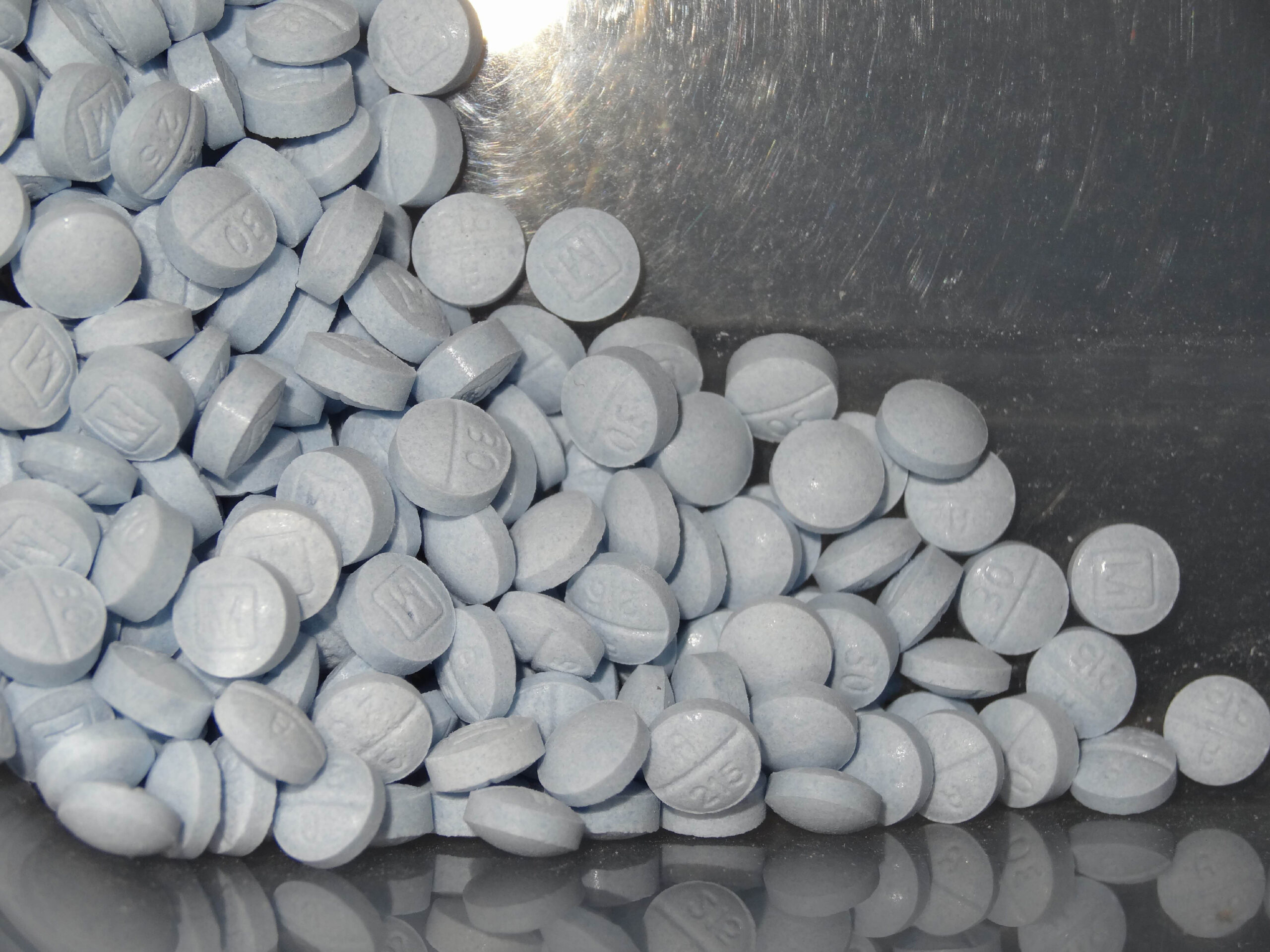
Family drug talks are one of the most awkward and uncomfortable parts of parenting, but given the proliferation of fentanyl across Oregon, these talks are essential, and they can save a life. With summer right around the corner, there is no better time than now to talk to teens and young adults about the dangers of fentanyl-laced fake pills. These pills often look like common pharmaceuticals like Percocet, oxycodone, or other medications familiar to teens, like the anxiety and ADHD medications Xanax and Adderall.
My family’s life changed in an instant when our teenage son, Cal, unexpectedly died here in Oregon from a fake OxyContin pill made of fentanyl that he bought from an anonymous seller online. Sadly, my family is not the only Oregon family that has tragically lost a child to fentanyl. The stats here in Oregon are startling. According to the Centers for Disease Control and Prevention (CDC), over the last five years, 332 Oregonians aged 15-24 have died from drug-related causes, primarily fentanyl, making drug overdose the leading cause of death for this age group. And most worrisome, all 41 of Oregon’s teen drug deaths in the 18 months ending June 2023 involved synthetic opioids, such as fentanyl.
Fake pills made of illicit fentanyl, like the one that killed Cal, are all over Oregon, and as parents, we need tools to talk to teens and young adults about the dangers of this new fake pill landscape. Fortunately, there is a new resource for Oregon parents by a family-run nonprofit, Song for Charlie, dedicated to raising awareness about fake pills made from fentanyl. ‘The New Drug Talk: Connect to Protect Oregon’, is a free online resource that provides tools Oregon families can use to start the conversation about fake pills and drugs. There are even online scenarios and scripts to use with your kids and teens about these drugs.
Even though nobody wants to think about their kid encountering a fentanyl-laced pill, we must think of these new risks differently. In the past, young people could get away with experimenting, but now that could be a deadly choice. Today, the risk of encountering a fake pill cuts across demographics and affects those with or without substance use disorders. In other words, no young adult is immune, and it’s our hope that every parent or caregiver has this new drug talk with their teens and young adults.
In April 2024, Song for Charlie conducted a survey to better understand what Oregon teens, young adults, and parents know about these deadly drugs.
While 73% of parents said they’ve talked to their children about the dangers of prescription pill misuse, only 45% of teens and 39% of young adults recall having that conversation. Meanwhile, three-quarters of Oregon teens and more than half of young adults say they are less likely to use a prescription pill without a prescription after learning about the risks of counterfeit pills laced with fentanyl. This points to the need for open, ongoing conversations with the youth in your life to ensure the message is heard.
Our data also exposed that when it comes to naloxone (aka Narcan), the medication used to rapidly reverse an opioid overdose, only 68% of Oregon young adults know where to obtain naloxone, 4 out of 10 (39%) don’t know how to use it, and nearly half (46%) don’t know how to recognize the signs of an overdose. Sadly, this is the type of information today’s youth need to know to stay safe.
We know that just telling our kids to “just say no” no longer works in today’s deadly new drug landscape. Knowledge really is the best safeguard, and with a little education and coaching, parents and caregivers can arm kids with the knowledge they need to stay safe. Our hope is that we can prevent more Oregon teens from making the same catastrophic mistake Cal made.
To learn more, visit: https://www.thenewdrugtalk.org/oregon.
About Song for Charlie
Founded by Ed and Mary Ternan in response to losing their son Charlie to a fentanyl-laced counterfeit pill, Song for Charlie is at the forefront of the fight against the fentanyl crisis. Reflecting on the organization’s mission, Ed Ternan said, “Our personal loss is what drives us every day. We believe Charlie didn’t fully understand the risk he was taking and would have made a different decision if he had. Our New Drug Talk resources help families have honest conversations about the new chemical drug landscape and protect their loved ones from harm.”
Jennifer Epstein resides in Washington County, Oregon, and is Song For Charlie’s Director of Strategic Programs. Jennifer lost her son Cal in 2020 to a counterfeit pill containing fentanyl.
